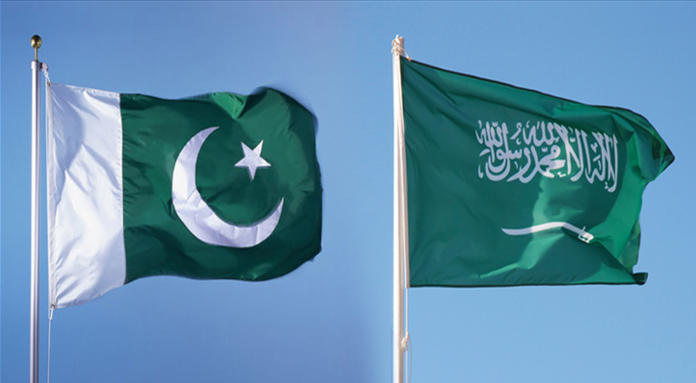Saudi Arabia has reaffirmed its commitment to Pakistan’s development by signing consultancy service contracts worth $121 million for three major health and energy projects, the Associated Press of Pakistan reported.
The agreements, financed by the Saudi Fund for Development (SFD), cover the King Salman Hospital in Tarlai and the Shounter and Jagran hydropower projects in Azad Jammu & Kashmir. The hospital will be funded through a $20 million grant, while the hydropower schemes will receive concessional loans of $66 million and $35 million, respectively.
Speaking at the signing ceremony, Saudi Ambassador Nawaf bin Said Al-Malki described the projects as vital for delivering essential services, boosting economic growth, and improving the well-being of the Pakistani people. He said the event reflected the “deep ties” between the two nations, built on mutual respect, shared values, and a common vision for prosperity.
Al-Malki praised the enduring bilateral relationship across religious, political, military, economic, and cultural spheres, and pledged that under the leadership of King Salman bin Abdulaziz Al Saud and Crown Prince Mohammed bin Salman, the Kingdom would continue to support Pakistan “through thick and thin.”
The ceremony was attended by senior officials, including Dr. Saud Alshammari, SFD’s Director General of Operations in Asia, and Dr. Kazim Niaz, Secretary of the Ministry of Economic Affairs Division.
Dr. Niaz expressed Pakistan’s appreciation for the Kingdom’s consistent assistance, noting that Saudi Arabia has played a transformative role in health, energy, infrastructure, and social development. He highlighted that the SFD has provided $533 million in grants for 23 projects and $1.2 billion in concessional loans for 21 projects across the country.
Dr. Alshammari said the agreements represent “an important step in advancing vital initiatives in Pakistan’s health and energy sectors,” aligning with the nation’s development priorities and contributing to its Sustainable Development Goals.
The projects are expected to accelerate healthcare delivery, expand renewable energy generation, and directly benefit thousands of Pakistanis, further strengthening the strategic partnership between the two countries.





Another agreement signed. MOU signed with Saudia is not new. When the industry/ plants and where will be established not known.